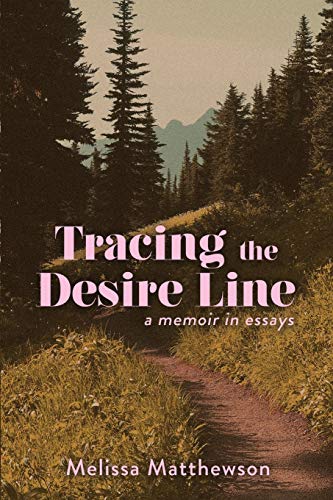“Just get rid of it,” she said. “All of it. Empty is always better. Better than this anyway.”
This realtor gave Nora the number for Tillet’s Auction House. This realtor always had a pen. The number appeared in loops on the front of yet another card.
“I keep them handy,” she said and turned on a heel in the room that didn’t have a lock.
Nora remembered the clown that came to Ian’s birthday. Jelly Bean. From behind Nora’s ear he had produced his card. “My Card,” it had said without numbers or a name. Nora had thought that Jelly Bean might be fun with out the makeup and the flippers. But he drove away and down, toward the road from the driveway, opening and slamming the station wagon door. The children had been laughing and waving from the stoop and Nora had wondered if that was part of his act.
Nora called the number.
“Tillet’s,” a woman said and took a drag.
Mr. Tillet drove up with four men and took things from the rooms and the basement, taking even a pile of moldy canvases and broken bowls. Mr. Tillet took the little rugs Gigi liked to throw up on after rides, the broken shades, the rusty pail, and the sublime rubber garden hose that had always stayed coiled.
The men put the bowls in the truck beside Robert’s Indonesian masks, his collection of spears, the gourd he once tried to put around his penis, and the black and red reed baskets he liked to carry off the planes. From the huge pile on the truck, a mask held her gaze. “One man’s trash,” Mr. Tillet said beside her then. He had gone room to room, pile to pile.
The lawyer had said, “Shed that man. Just shed him.”
Now, Nora is on her second date. Saheed pushes the chair away from the table and stands up.
“Coming back,” he says, dropping his napkin there.
She watches his back and the tables passing his body which, no higher than his belt, float by him. Saheed did not wear a toupee. He did not keep leopard slippers by the door or snap his fingers at Gigi to make her get off the sofa. He did not study quantum physics at the table, sleep in bathtubs with the lights out, throw coffee grinds in the sink or penetrate her with demands.
She picked up the knife and checked her lipstick. Persian men were masculine. They like big women and detail. Painted nails, shiny lips, pointy shoes. Things like that.
Saheed insists and pays for dinner. He takes her to the movies. She does not do much in her bed with him after but he holds her face in both of his hands anyway, looks carefully into her eyes and says, “I love you.” He says that on nights he thinks she is out too late, he is going to slip through her window and leave an apple in her bed. He says that he has been in prison. He says the cells were cold or burning and there was only red dust to look at from his window. Now, he says, he can look at her blue eyes and always be free. Jewels, he says.
Saheed moves the car up to the front of the grocery store and waits for Nora. He watches other men through the windows of their cars.
“Dey are looking at your ASS!” he hisses, when she is back in the car already with the wine. At the dinner party, he leans down and talks to the little boy.
“Orange beef?” he says.
“No. Oransby. My name is Oransby.”
“Orange beef?”
The little boy’s mother smiles. She wants to believe Nora and believe Saheed is Italian. She does not ask him about towns or cities, and hopes the other guests won’t either. “It’s the chain,” Nora thinks. “He’s too stiff. They know.”
Saheed says, “Don’t vorry.” He says he has a friend three towns away. “Don’t vorry,” he says again tapping the table as if slicing an apple. “He gets you da car. He gets you da credit.”
She gets the car. She gets the credit. He rakes the leaves. He changes the oil. He chills figs in the refrigerator. He sleeps with the woman at the bank.
The woman at the bank is thin. Her hair is beige and droops down below her waist. Combed Spanish moss. Nora makes the withdrawal from a different window. “All of it,” she says.
Stepping down and crossing the street for another bank, the road is busy. Nora begins to cross the road with just the concept of putting something of hers into a building. She doesn’t have to. She could keep it with her. She starts to turn back and stops. “It’s not that much,” she says, and her voice is a surprise to her. The cars are passing quickly. Some swerve around the woman in the road. She walks a few steps down the center line. “It’s not,” she says.

